The Microbiologist chats with our new Global Ambassador for France, Ashley Shade, who is Director of Research with Le Centre National de la Recherche Scientifique (CNRS) at the Universite Claude Bernard Lyon 1
Ashley Shade received her bachelor’s degree in biology from Susquehanna University (Selinsgrove, PA, USA), her Ph.D. from the University of Wisconsin Microbiology Doctoral Training Program in 2010, and afterwards was a Gordon and Betty Moore Foundation postdoctoral fellow of the Life Sciences Research Foundation at Yale University.
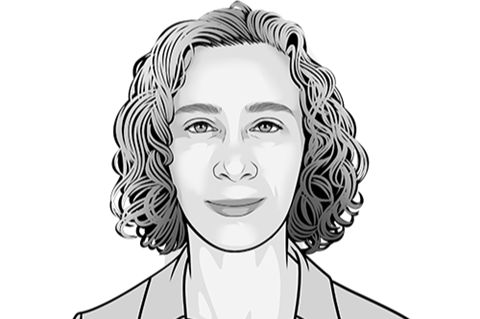
In 2014, she started her independent research group in the Department of Microbiology and Molecular Genetics at Michigan State University. She was awarded tenure at Michigan State and promoted to associate professor in 2021. In 2022, she joined the French National Center for Scientific Research (CNRS) and moved her research program to the Laboratoire Ecologie Microbienne at the University of Lyon, France.
What first sparked your love of microbiology?
I fell in love with microbial ecology when I was in my second year of undergraduate study. I started working on a research project with my professor, Tammy Tobin, at Susquehanna University. We were investigating how soil microbial communities responded to the extreme disturbance of the Centralia underground coal seam fire. We used a fingerprinting technique, T-RFLP, to profile the microbiome, and ecological approaches to analyse the data.
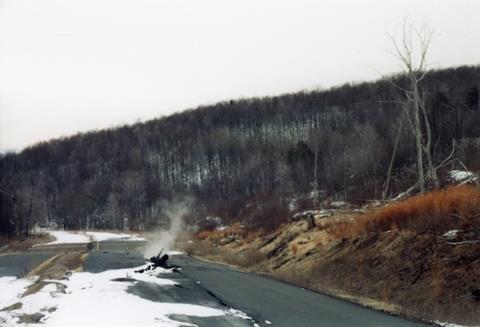
I was fascinated that microbial communities provided a tractable system for asking ecological questions, and I also loved learning all of the ecological theory around how communities respond to disturbances. I remember reading Connell’s intermediate disturbance hypothesis and wondering whether the same response patterns were true for microbial communities as for plant communities. And, here I am, twenty years later, working on exactly these kinds of questions in my research program! It’s wild how a little spark of an interest, when nurtured well, can ignite a career.
What’s the microbe that most fascinates you and why?
The answer to this question changes frequently as my research program advances. Right now I am learning a lot about exospore-forming Actinomycetota because I have a new project that is investigating the consequences of environmental microbial dormancy for community resilience.
What’s the best career advice you’ve ever been given?
I have been so fortunate to have so many amazing mentors for my career, offering pearls of advice along the way!
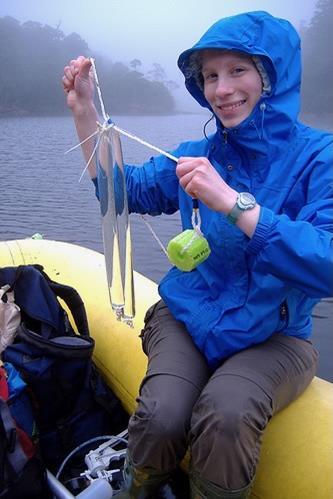
I come from a rural town and I was the first member of my family to attend a four-year college. My high school biology teacher, Mr Baker, was a mentor to me when I was a young student and introduced me to ecologic research through an owl-banding project. So, on many Friday nights when I was in high school, I was the geeky one who was banding owls at the field station on the mountain instead of cheering on the football team.
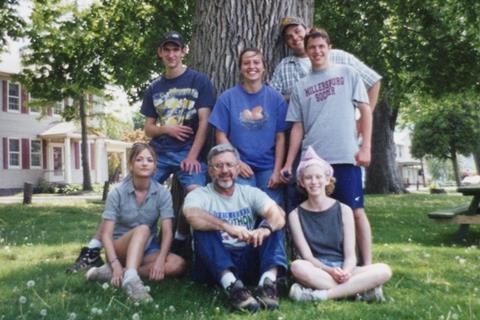
When Mr. Baker found out that I was accepted to graduate school to pursue a Ph.D. in microbiology, he was proud. He told me that challenges during grad school were inevitable, but that I should never give up and be persistent because he knew I could do it. And he gave me a small jar of periwinkle shells that he had collected, and told me that if ever I felt like giving up, I should look at those shells because those little creatures survived the harshest tidal conditions, clinging to rocks on the coast of Maine. If the periwinkles could cling on and persist, so could I. I still have that little jar of shells on my desk, and looking at it uplifts me whenever I have had a particularly hard day.
What real-world problem would you eventually love to solve with microbiology?
I want to understand how to manage environmental microbiomes to maintain their functions for their ecosystems despite the changing climate. This is exactly what we are trying to understand in my research program. This is a critical, urgent problem given the climate crisis, and I aspire that my research program can contribute to some part of the solution.
What keeps you awake at night?
Honestly, sleeping is sometimes difficult for me because I have too many different questions always running around in my brain (usually interleaved with a Broadway soundtrack)! But, all of my different questions all relate the theme of microbiome resilience: what are the mechanisms that support resilient and stable communities, and how can we nudge them to recover after large disturbances? This question is relevant not only for environmental microbial communities facing the climate crisis, but also for host-associated microbial communities that experience a perturbation.
What do you do to relax in your spare time?
I usually relax by reading and spending time with my kids and my dog. I love riding my bicycle and, though I’m not so coordinated, I also love roller skating when I get the chance.
Why did you apply to become a Global Ambassador and what would you like to do in your new role?
I believe that being a scientist is an important societal role, because as scientists we generate knowledge, solve problems, and advance technology.
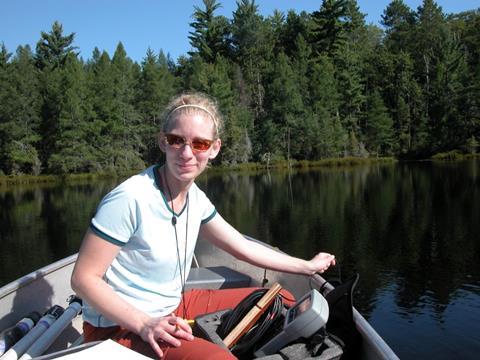
I want my research not only to contribute to generating knowledge, but I also want to advocate for performing the highest quality, most inclusive, and most ethical and reproducible science that we can. I want to connect with others who share these values and amplify our collective, positive impact!
Ashley Shade is Director of Research with Le Centre National de la Recherche Scientifique (CNRS) at the Universite Claude Bernard Lyon 1
Find out about becoming a Global Ambassador with AMI.
Topics
- Actinomycetota
- Advice
- Applied Microbiology International
- Ashley Shade
- Climate Action
- Community
- Healthy Land
- Le Centre National de la Recherche Scientifique
- Michigan State University
- Soil & Plant Science
- Susquehanna University
- Tammy Tobin
- Universite Claude Bernard Lyon 1
- University of Lyon
- University of Wisconsin
- Yale University







No comments yet